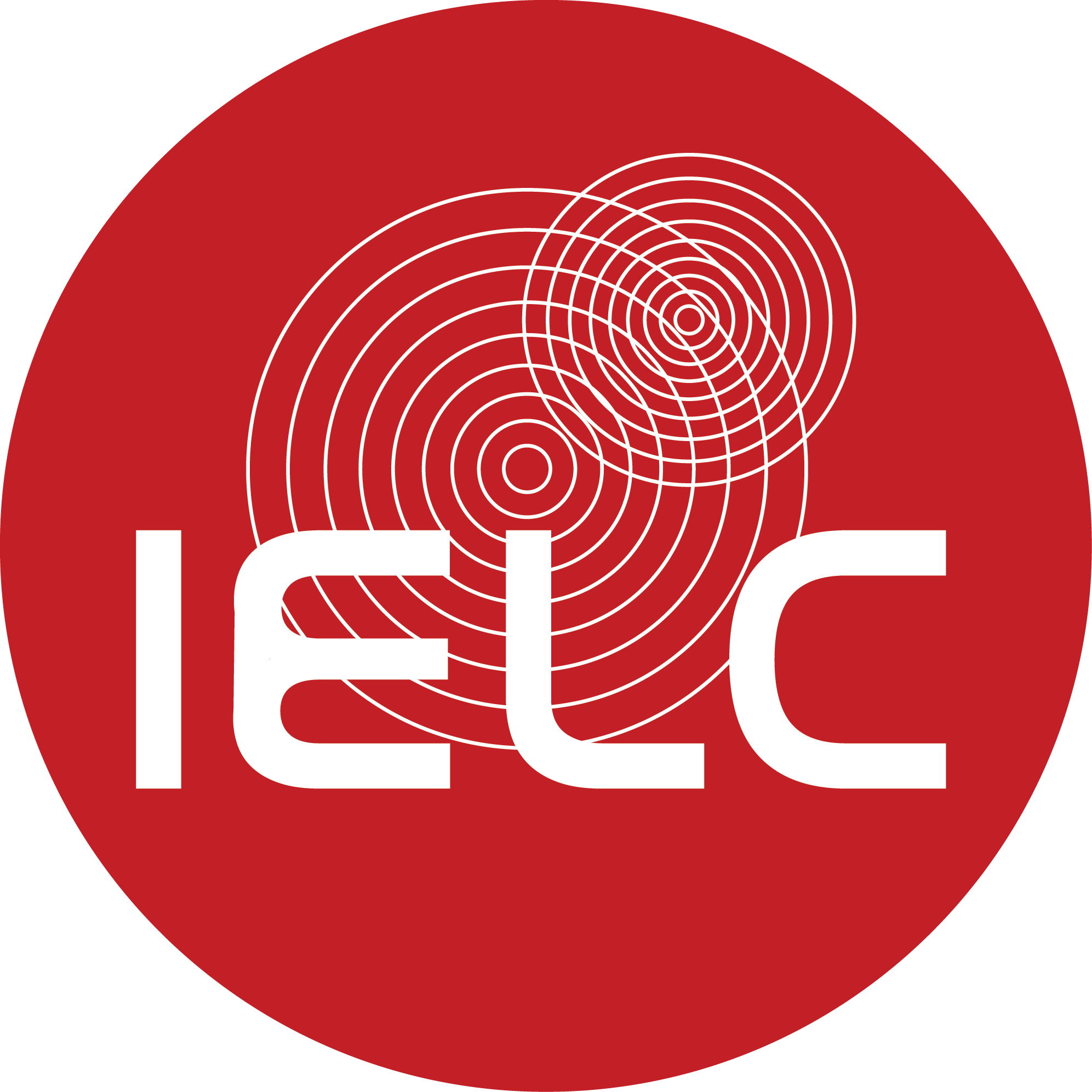| Special Journal Issue School Leadership in International Schools: Perspectives and Practices |
||||
|---|---|---|---|---|
Theme |
This issue explores the complexity of leadership challenges, practices, and effects in international schools conceptually and empirically. We hope the papers collected here can act as a platform for further research into school leadership issues in international schools around the world and broaden the scope of research beyond local schools. We would like to thank the external reviewers for sharing their insights and critical feedback on the articles included in the issue. |
 |
||
Issue Objectives |
To illuminate some of the key features of leadership practice as enacted in international schools located in a number of different regions. Our aim is to offer a platform for researchers to further navigate ways to theorize and investigate empirically leadership practices in international schools. Through doing this investigation we hope that this issue can help to develop a broader, longer-term agenda for research on leadership and school improvement in international school settings.
|
|||
Issue Co-editors |
 |
Professor Allan Walker Joseph Lau Chair Professor of International Educational Leadership Dean of Faculty of Education and Human Development Director of The Asia Pacific Centre for Leadership and Change The Education University of Hong Kong China |
 |
Professor Lee Moosung Centenary Research Professor University of Canberra Australia Senior Research Fellow Asia Pacific Centre for Leadership and Change The Education University of Hong Kong China |
| Contributors |
|
|||
|
||||
|
||||
|
||||
|
||||
|
||||
|
||||
|
||||
|
||||

